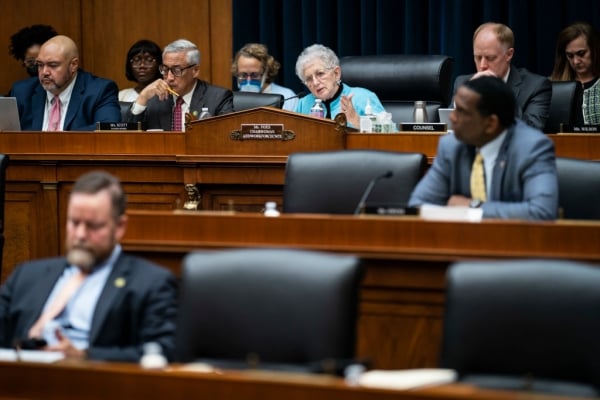The Free Application for Federal Student Aid (FAFSA) is a crucial form for students seeking financial assistance to attend college. It allows students to access federal grants, loans, and work-study programs to help cover the costs of tuition, books, and living expenses. However, recent developments on Capitol Hill have raised concerns about potential fallout from changes to the FAFSA process.
One major issue that has emerged is the potential impact of changes to the FAFSA verification process. Verification is a procedure where schools are required to confirm the accuracy of the information provided by students on their FAFSA forms. Historically, only a small percentage of FAFSA applications have been selected for verification, but recent proposals seek to expand the number of applications subject to this process.
Critics argue that increasing verification requirements could disproportionately impact low-income students, who are more likely to face barriers in completing the verification process. These additional requirements could create unnecessary hurdles for students already facing financial hardship, potentially deterring them from pursuing higher education.
Another concern is the proposed elimination of the IRS Data Retrieval Tool (DRT), which allows students and families to easily transfer their tax information from the IRS directly into the FAFSA form. The elimination of the DRT could make the application process more cumbersome and time-consuming for applicants, potentially leading to errors or delays in receiving financial aid.
In addition to these specific changes, broader debates about the future of federal student aid programs have been unfolding on Capitol Hill. Some lawmakers have proposed significant cuts to federal financial aid programs, while others advocate for expanding access to higher education through increased funding and support for students.
The potential fallout from these changes to the FAFSA process could have far-reaching implications for students across the country. As lawmakers continue to debate the future of federal student aid programs, it is critical that we prioritize policies that ensure equitable access to higher education for all students, regardless of their socioeconomic background.
It is important for students, parents, and advocates to stay informed about these developments and to advocate for policies that support affordable and accessible higher education. By raising awareness about the potential fallout from changes to the FAFSA process, we can work towards a more equitable and inclusive system of financial aid for all students.


